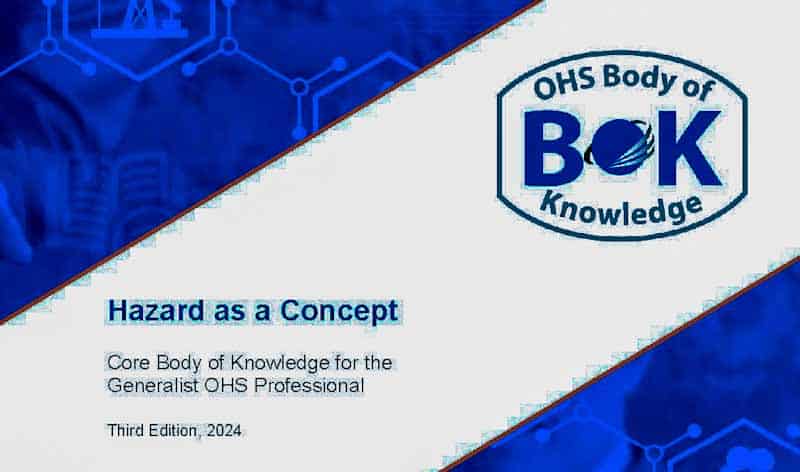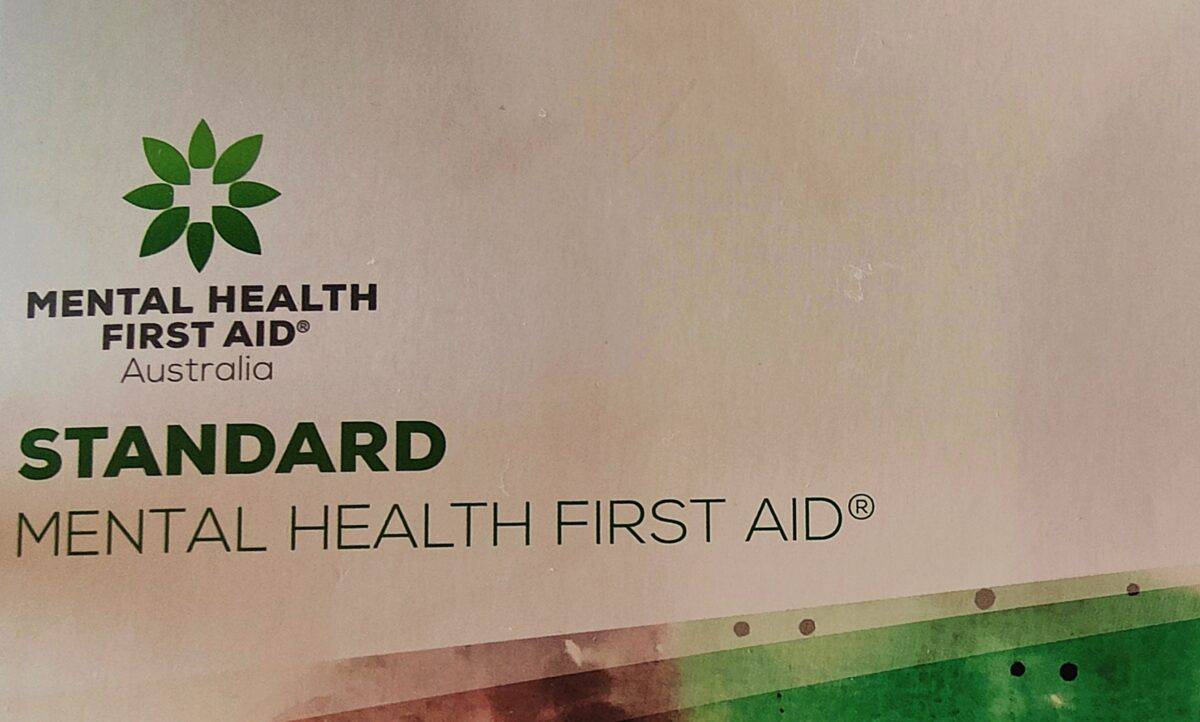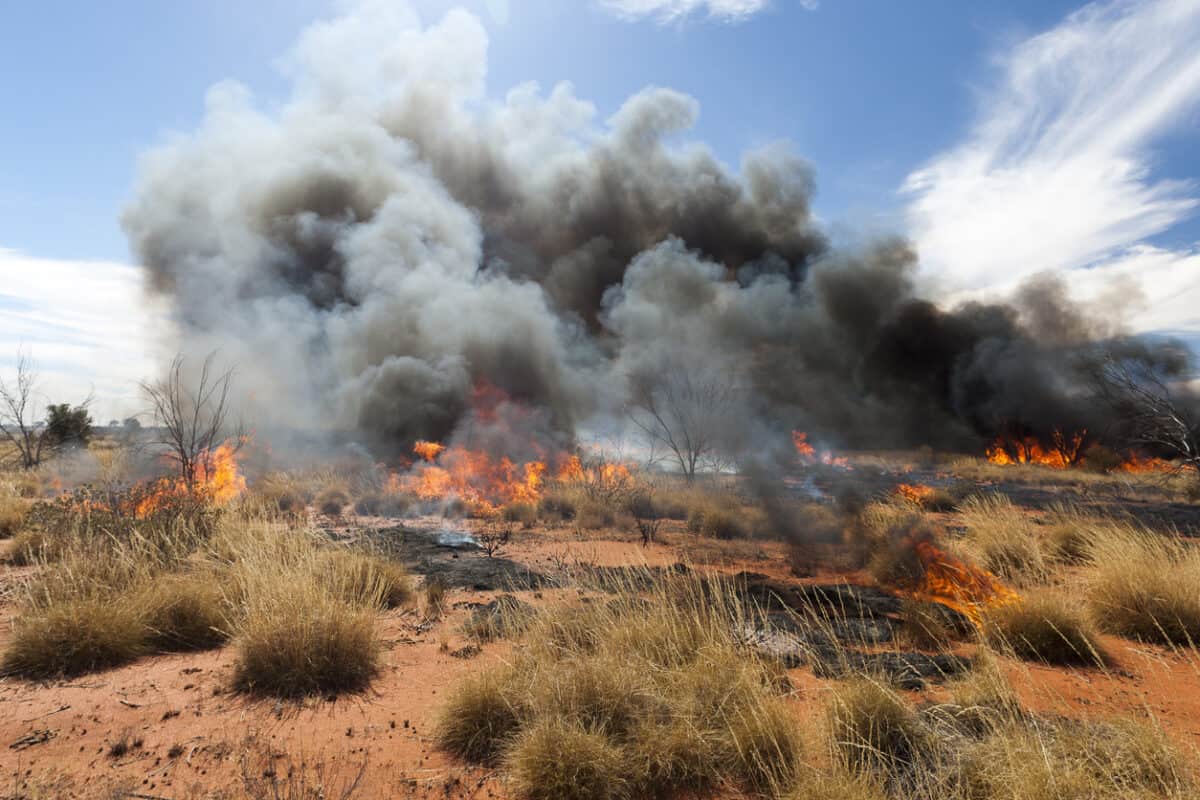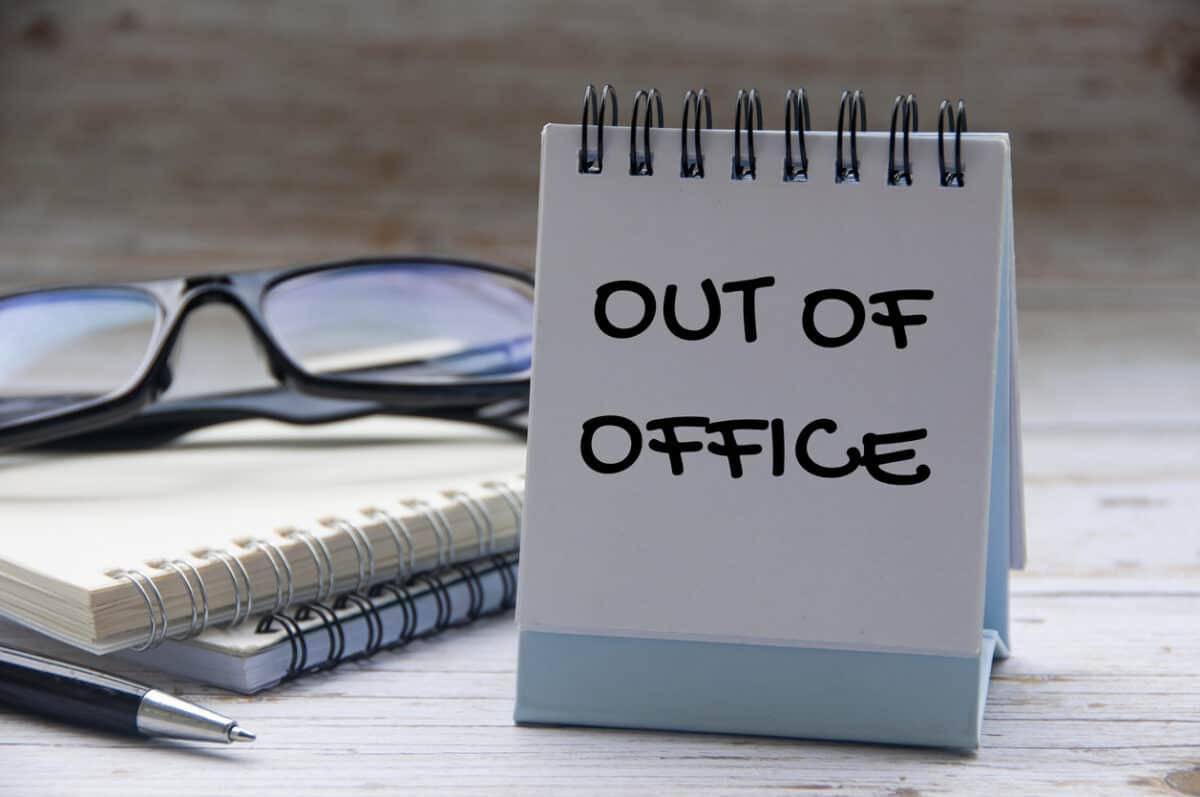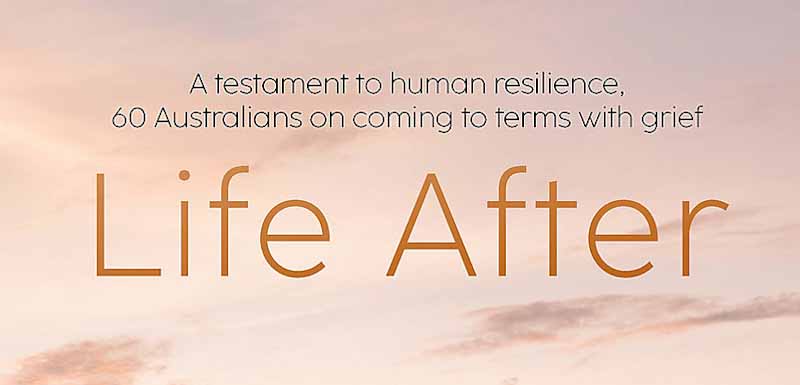The Australian Institute of Health and Safety has been dropping new chapters of its Occupational Health and Safety (OHS) Body of Knowledge for many years. The latest revised chapter is titled “Hazard as a Concept“. This process is a good way of keeping some OHS information fresh, but it could be fresher and have a broader knowledge base or even greater engagement with OHS professionals.
Category: harm
WHO says burnout is occupational, but at least one psychologist says WHO is wrong
The cover story of the February 2024 edition of Psychology Today is less a story than a collection of short pieces on mental health and burnout. This blog may seem unfairly critical of much of the psychological discussion on burnout but this is largely because the World Health Organisation (WHO) has defined burnout as an occupational phenomenon and “is not classified as a medical condition”. The popular literature on mental health and its workplace context almost entirely overlooks these two elements – a literature that is often the first destination for people trying to understand their workplace distress. Sometimes, popular literature is unhelpful.
Mental Health First Aid is not a harm prevention strategy
Courses in Mental Health First Aid (MHFA) are increasingly popular in Australia as employers struggle to understand their (new) occupational health and safety (OHS) obligations to provide psychologically safe and healthy work environments. However, MHFA and OHS are fundamentally incompatible.
MHFA is an intervention program, while OHS requires prevention. So, employers who send staff to MHFA intending to comply with their OHS obligations are deluded.
Industrial Manslaughter fears
The Australian Broadcasting Corporation (ABC) has published an article about concerns by West Australian local governments with exposure to prosecution for Industrial Manslaughter under WA’s work health and safety legislation. The concerns seem wellfounded, but the article lacks a social and moral context.
Mental confusion
Recently, Safe Work Australia published exciting and important data about mental health at work. The data seems to support the assertion that psychosocial hazards at work are a significant risk, but I remain confused. I asked SWA to help unconfuse me and they have tried.
One of the biggest handicaps that occupational health and safety (OHS) has experienced over decades is translating data and research into terms and concepts that the layperson (of which I claim to be) can understand. OHS communication is improving, but more effort is needed.
The “Right to Disconnect” should have been “Obligation-To-Leave-Workers-Alone”
The Australian Greens announced on February 7, 2024, that the Right-To-Disconnect (RTD) bill would pass Parliament as part of workplace relations reforms. On February 8, 2024, the mainstream media wrote as if the laws had already been passed. However, several issues with these laws indicate they are unlikely to be applied in practice as widely as advocates claim and in the way anticipated.
The closer the RTD laws come to reality, the more useless they appear.
Understanding Grief
Occupational health and safety (OHS) has always dealt with death. Many of the most significant legislative and operational changes have resulted from one or more work-related deaths. The horror and tragedy of each death cause us to redouble our efforts to prevent untimely death.
The reality of occupational deaths and the quest to prevent death are crucial elements of OHS’s beliefs, philosophy and principles. Each of these deaths generates grief, an emotional and mental state that an Australian book explores from the “lived experience”.
Life After is a curious book published in 2021.

